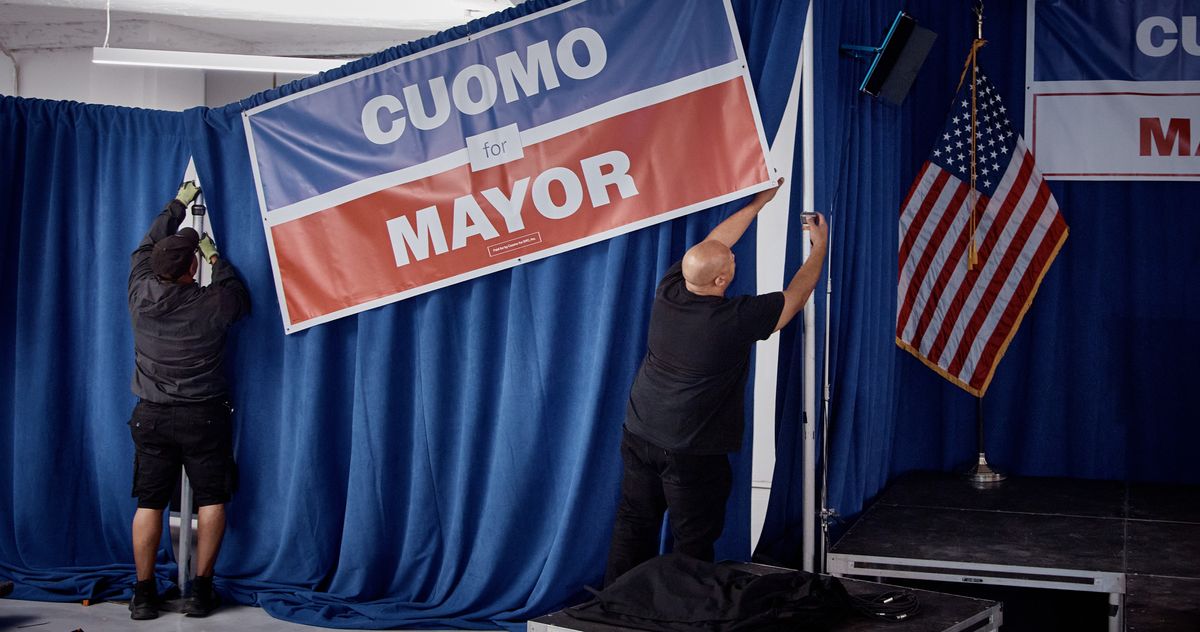
"Polls are snapshots of fast-moving races, and dynamic multi-candidate contests often take shape late in a cycle, which is why many polls miss out."
"The polling miss in the New York mayoral primary has sparked discussions about the role of public opinion polls and whether they measure opinion or create it."
"The idea that we should rely on hunches and small-sample reporting, rather than objective measurements like polls, strikes me as willfully stupid."
"Polling nihilists may find joy in the recent election outcome, but it's crucial to understand the reasons behind polling inaccuracies to foster greater understanding."
Zohran Mamdani's surprising victory in the Democratic mayoral primary highlights glaring inaccuracies in public polling, which underestimated the dynamics of voter sentiment. Polls predicted Cuomo with a larger share than Mamdani, failing to account for late-campaign shifts in public opinion. This outcome has sparked debate on the reliability of polling in fast-moving elections, particularly among critics who argue for the reduction or elimination of polling. A better understanding of polling's limitations and its role in shaping rather than merely reflecting public opinion is essential for informed political engagement.
Read at Intelligencer
Unable to calculate read time
Collection
[
|
...
]